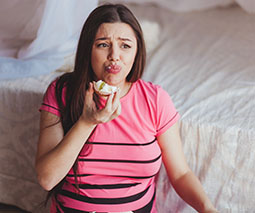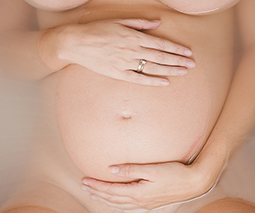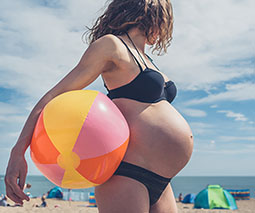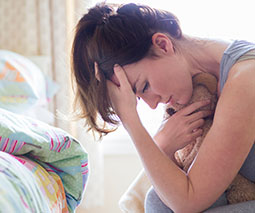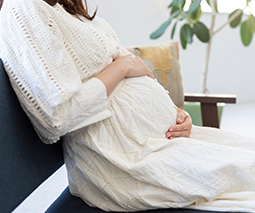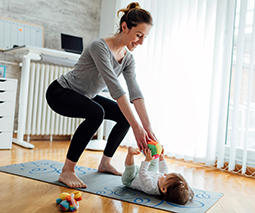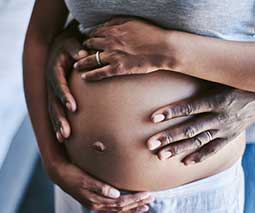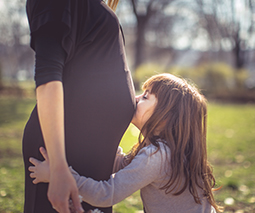Food safety in pregnancy: what you need to know
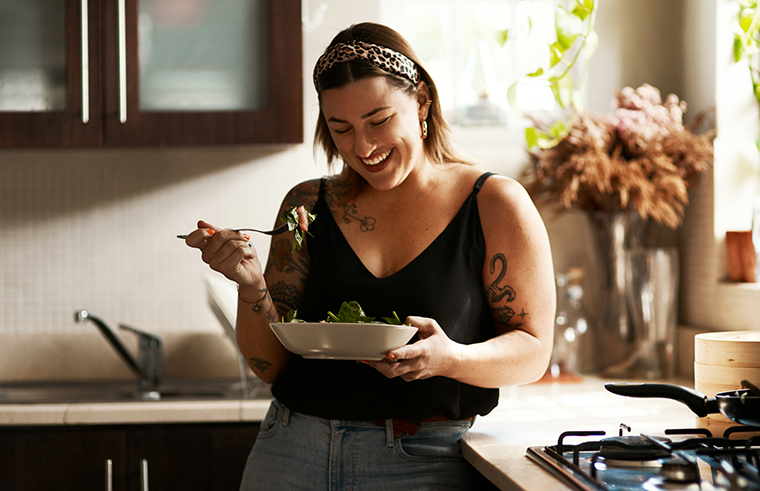
Staying relaxed and healthy through pregnancy is what is best for mum and baby, but when people start throwing the lists of what you should and shouldn’t eat it can be scary and overwhelming. So we spoke to the experts to put our expectant mums at ease.
Melbourne dietitian Melanie McGrice and Sydney dietitian Clare Collins, both spokespersons for the Dietitian’s Association of Australia, tell Babyology good food hygiene is the key to avoiding dangerous bacteria such as salmonella and listeria.
Food hygiene tips
“The biggest and most important thing is food hygiene because at the end of the day, any food can carry some type of bacteria,” Melanie says. “Sure, some foods are higher risk than others, but you don’t want to be just eating packaged and processed food in an effort to avoid bacteria from more nutritious foods.”
She says home cooked and home prepared meals are always best and suggests expectant mums always use separate chopping boards to cut raw meats from the fruit and vegetables.
Melanie says buying fruit whole (uncut) and washing it thoroughly is the best way to avoid any harmful bacteria.
Clare says washing hands may seem like a given, but she urges busy mums to take the time to do this regularly and thoroughly. She also says temperature control is extremely important when it comes to keeping food free from the nasties.
“Food that is supposed to be in the fridge should be kept in the fridge,” Clare advises.
“Food that should be served hot, you can keep out of the danger zone if you serve it with steam rising that means it is above 70 degrees. Below four degrees is also the other safe temperature to aim for.”

The risks are real
Expectant mums will find no shortage of opinions when it comes to food. Older generations might say they ate everything and never had a problem (like my mum) but Clare says the risks can be very real.
“I did this research study to see whether it mattered if you potentially got exposed to listeria or not because it is talked about but it is not commonly reported,” Clare says.
“We developed a potential exposure score to listeria and looked at all these foods in this big survey that could theoretically harbour the listeria bug, and what we found very sadly was women who got the highest scores over the next three years were 20 per cent more likely to have a miscarriage.”
But before you doom your food to the deep fryer, Clare says nutrition in pregnancy is extremely important and, as Melanie points out, the reason salmonella and listeria outbreaks make the news is because they aren’t a regular occurrence.
Both say eating well cooked proteins (no runny eggs or rare steaks) and plenty of fresh fruits and vegetables are crucial to giving mum and baby the important nutrients they need.
“Fish is so important. I can’t tell you how many of my patients tell me they avoid it during pregnancy because of mercury, but most fish has very little to no mercury and is an amazing source of Omega 3,” Melanie says, adding that well-cooked salmon and tinned tuna are great options.
Clare says cold meats don’t necessarily have to be avoided either.
“While you should avoid that sliced meat that is piled up in the deli or pre-cut in the deli packs, left over home cooked cold meat is fine,” Clare says.
“Home made salads, all cooked seafood is fine, hard cheese and processed cheese is fine, pasteurised milk products are fine as long as they are stored in the fridge. Packaged ice cream is fine but not soft serve because it isn’t stored at the right temperature.”
Let’s break it down via Food Standards Australia and New Zealand.
Eat
- Washed fruit and vegetables – these should be bought intact (e.g. whole, uncut watermelon) and washed thoroughly
- Wholegrain breads and cereals
- Pasteurised dairy foods
- Lean meat, chicken and fish – these should be well-cooked
- Dried beans, lentils and other legumes
- A variety of nuts and seeds
- Eggs – these should be fully cooked
- Hard cheeses
Avoid
- Soft white cheeses, like brie and feta
- Oysters
- Pre-packed salads and salad bars
- Buffets where you aren’t sure how long food has been sitting out
- Soft serve ice cream
- Raw and runny eggs
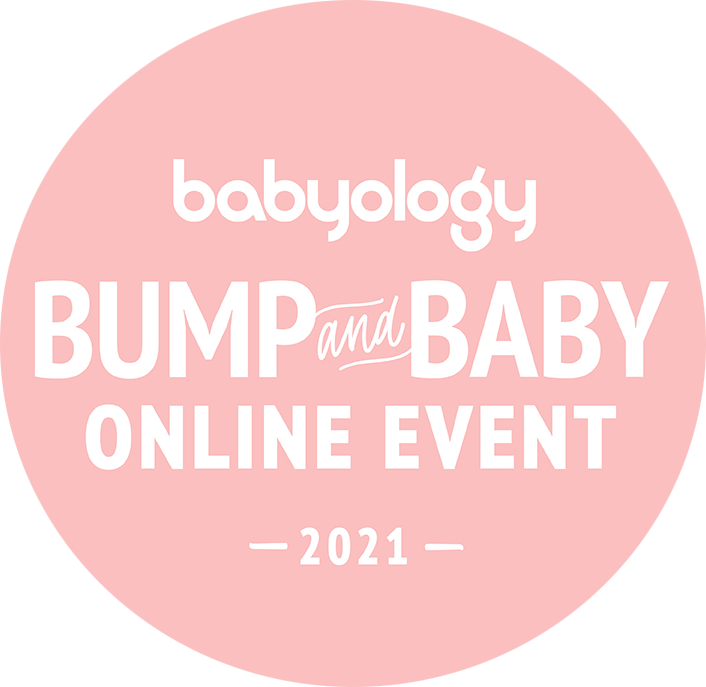 Join the Bump and Baby: The Fourth Trimester online event! With live expert sessions, FREE newborn routine guide & the chance to WIN a $500 Nursery gift voucher. Click here to find out more and make sure you don’t miss a thing!
Join the Bump and Baby: The Fourth Trimester online event! With live expert sessions, FREE newborn routine guide & the chance to WIN a $500 Nursery gift voucher. Click here to find out more and make sure you don’t miss a thing!
